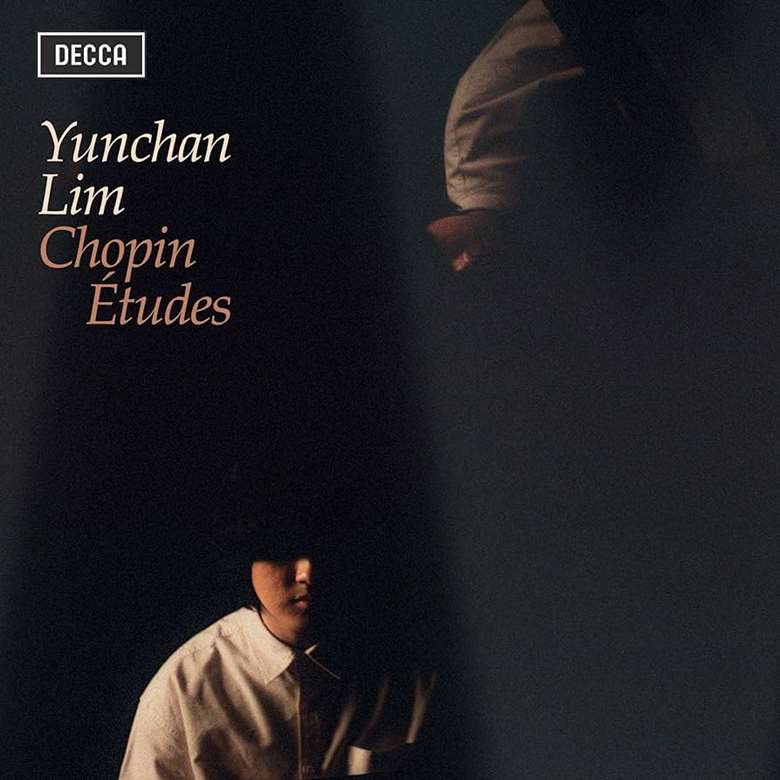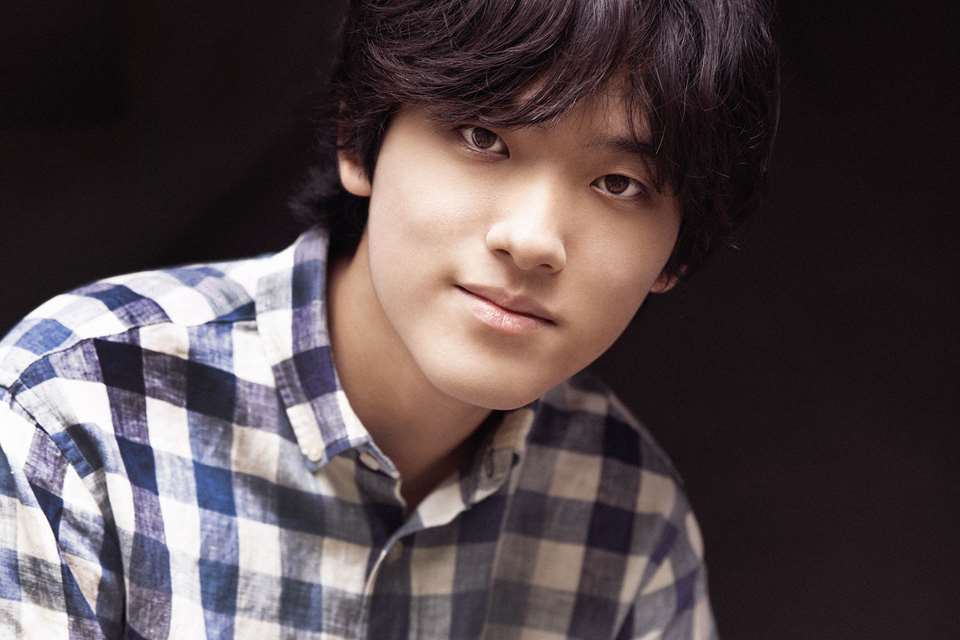Review - Chopin: Études, Opp 10 & 25 (Yunchan Lim)
Jed Distler
Friday, May 24, 2024
‘These works hold no difficulties for Lim, whose supple and effortless technique shines through each and every étude’

Register now to continue reading
This article is from International Piano. Register today to enjoy our dedicated coverage of the piano world, including:
- Free access to 3 subscriber-only articles per month
- Unlimited access to International Piano's news pages
- Monthly newsletter








